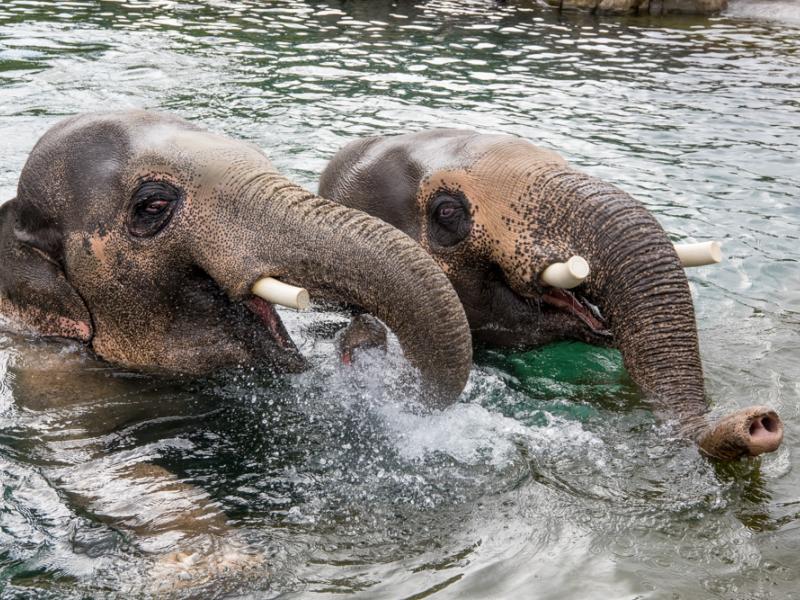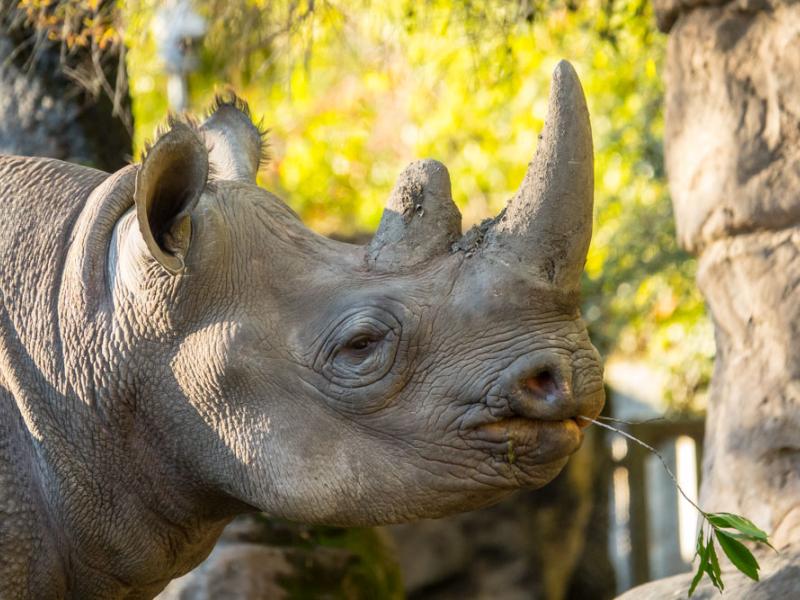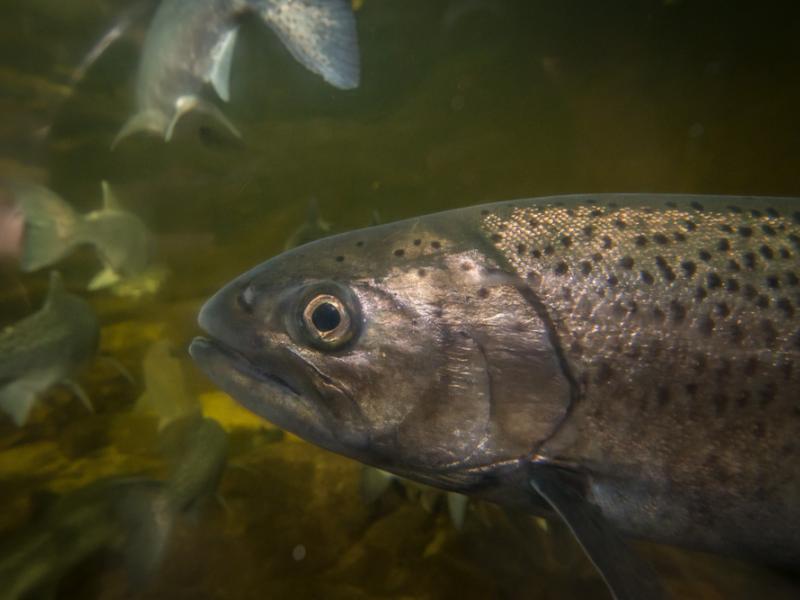Small actions that help Humboldt penguins
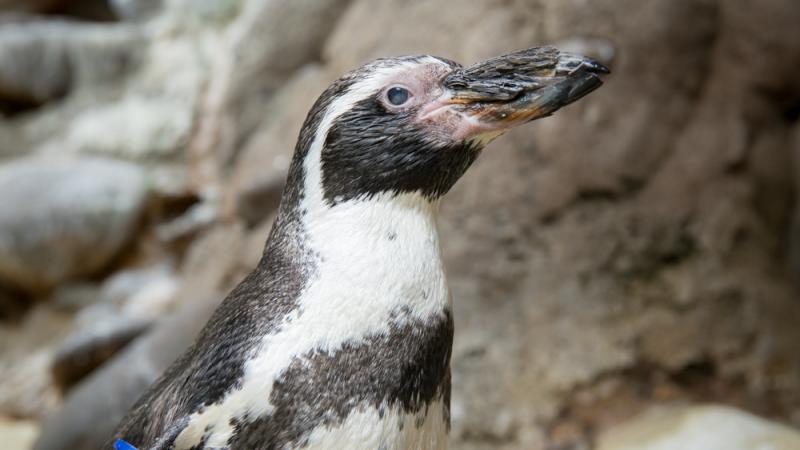
Humboldt penguins live in one of the world's most productive marine ecosystems, and as a result, are greatly impacted by human activity. Fishing industries deplete the penguins' prey and result in the trapping of penguins in fishing nets. The harvesting of guano - used as fertilizer - destroys optimal penguin nesting locations. Recent studies also suggest that climate change may intensify the weather cycle known as El Niño, which can lead to dramatic collapses in populations of many marine species, including penguins.
How you can help
-
Use Seafood Watch
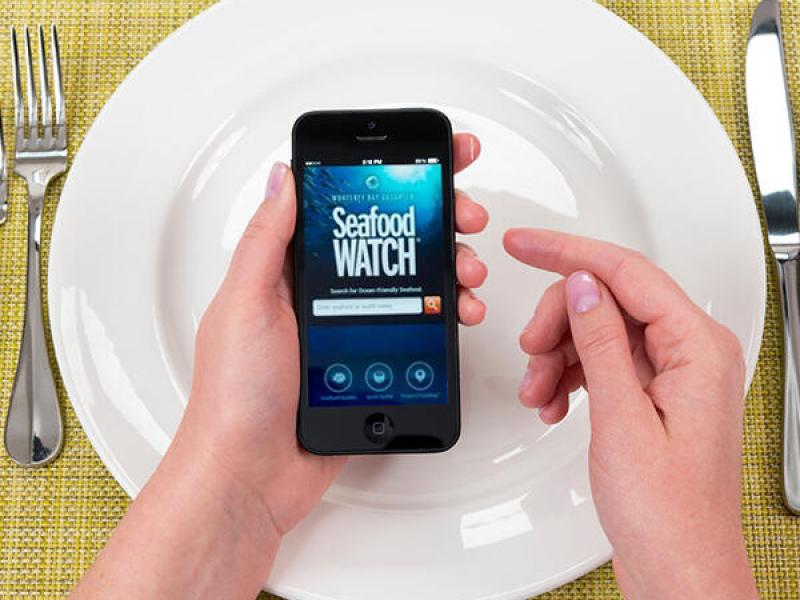
The demand for seafood profoundly impacts fish populations and marine habitats worldwide. As a result, some species of fish commonly found on menus are now severely imperiled in the wild. Consumers can make choices that are healthier for oceans by using the Seafood Watch, which ranks seafood as "best choice," "good alternative" or "avoid", based on issues affecting each species. The guide also lets users share locations of restaurants and markets where they've found sustainable seafood.
-
Adjust your thermostat by two degrees
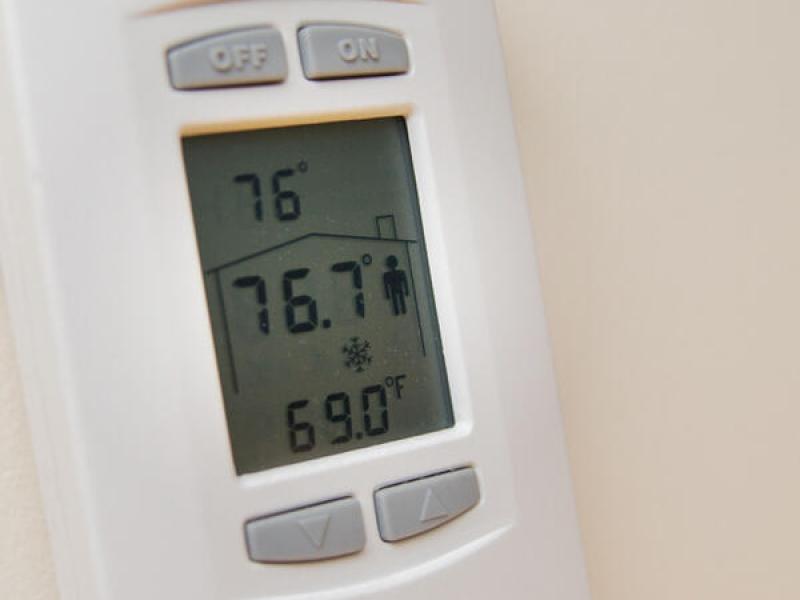
A difference of two degrees may not be noticeable in your living room, but it is in the Arctic. Small thermostat adjustments - higher in the summer and lower in the winter - reduce your energy consumption and your contribution to greenhouse gas pollution, which threatens wildlife and habitats worldwide. Adjusting your thermostat even more at night saves additional energy.
-
Consider purchasing renewable energy
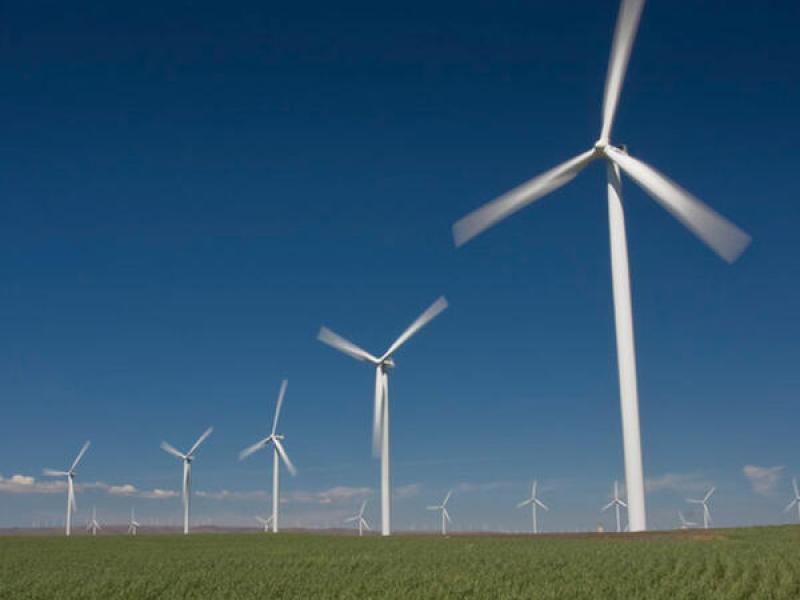
Not everyone can install rooftop solar panels, but consumers have more options than ever before for purchasing renewable energy through their utility. Renewable sources like wind, low-impact hydro and landfill gas can help reduce greenhouse gas emissions and other pollutants that impact wildlife from the Arctic to the tropics. Contact your utility to make the switch to wildlife-friendlier energy.
-
Replace your light bulbs with LEDs
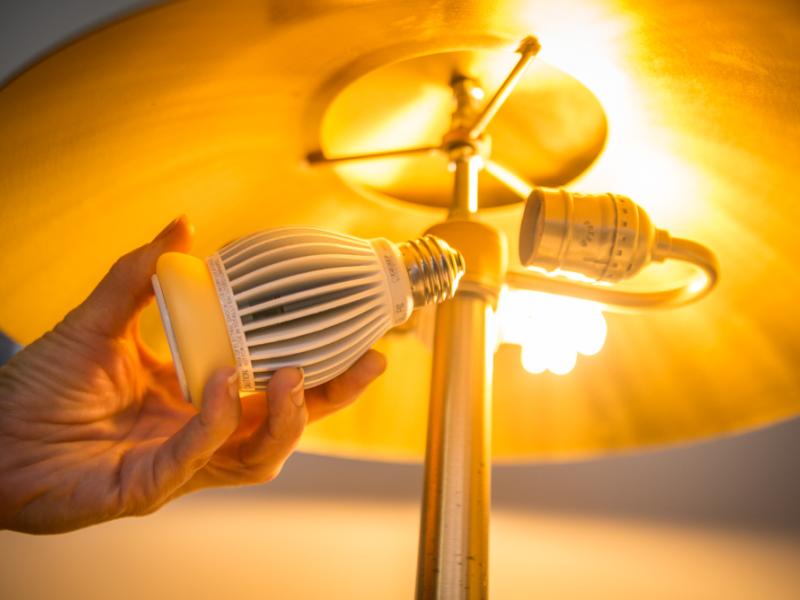
Light Emitting Diode (LED) bulbs don't just last longer and use less energy than conventional light bulbs, their manufacturing process is also more wildlife-friendly. Compared to incandescent and compact fluorescent bulb production, LEDs generate less waste and pollution and require fewer resources. Advances in LED technology have also made them more affordable, which makes switching even easier.
-
Turn off your car when you stop for more than ten seconds
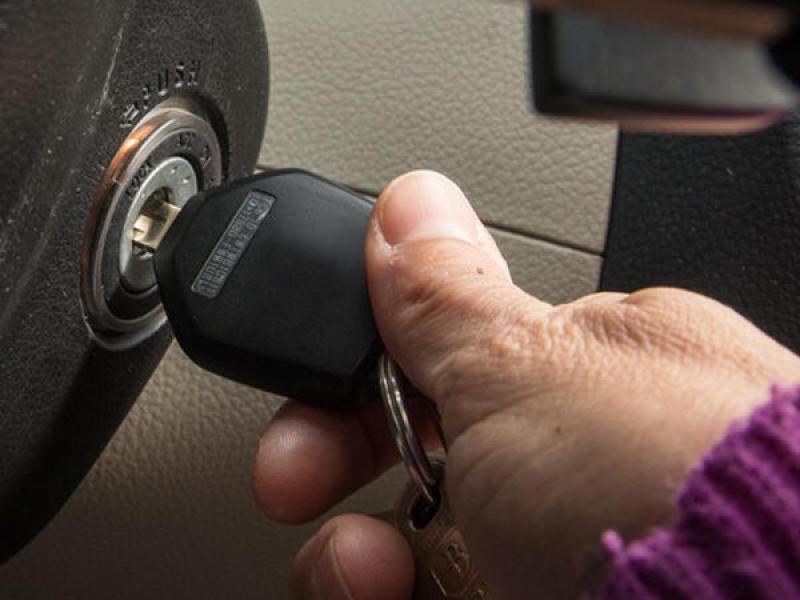
Turning off your car might be the easiest way to reduce your vehicle's impact on the environment. Idling not only wastes fuel, it creates greenhouse gas emissions and other pollutants that affect wildlife worldwide. Turn off your car whenever you stop for more than ten seconds at airports, bridge and railroad crossings and schools. The one exception is when you're in street traffic, where stopping is illegal in some states due to safety concerns. Instead of waiting at drive-thrus, park and go inside.
-
Become a Cascades Pika Watch volunteer
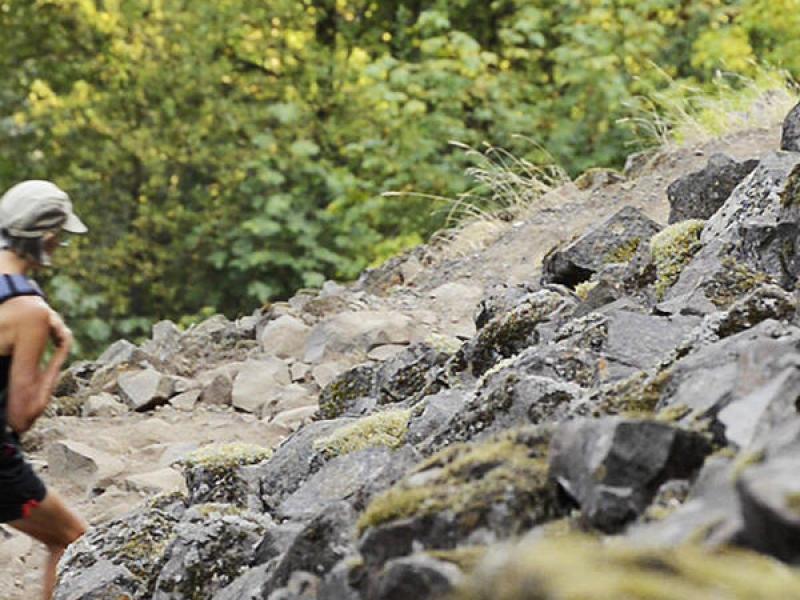
Pikas are widely considered a climate change indicator species. By monitoring pikas and collecting data, Cascades Pika Watch volunteers can help biologists determine population size, identify population declines, and potentially develop strategies for better protecting the habitat they depend on. Learn more about Cascades Pika Watch here.
-
Waste less food at home
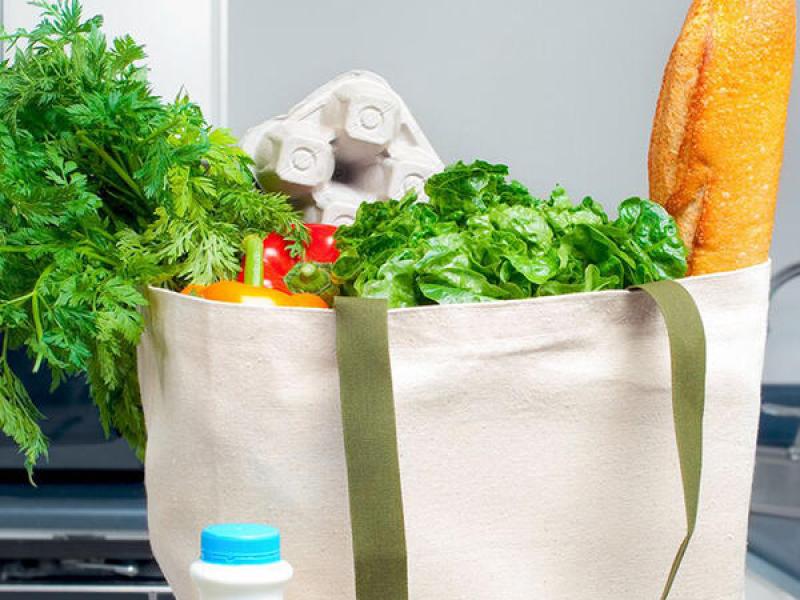
Forty percent of the food we buy never gets eaten, and wasted food hurts wildlife. Agriculture and food transportation can damage habitats worldwide, from the Arctic to the plains. Storing food properly, considering portions and shopping carefully can help prevent the wasting of food and prevent the burning of fossil fuels to transport it. These simple actions help protect wildlife and the habitats we all depend on.
-
Donate to the Oregon Zoo Foundation
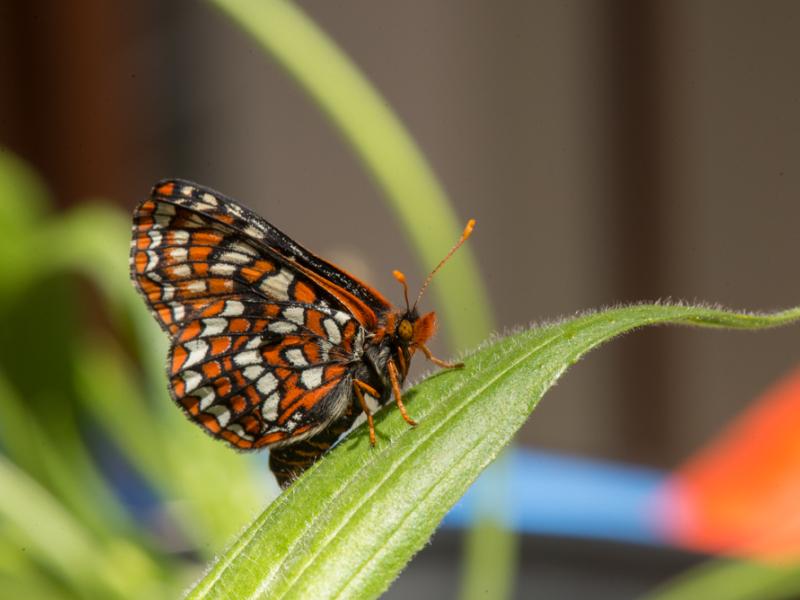
Donate now and make a world of difference for wildlife!


